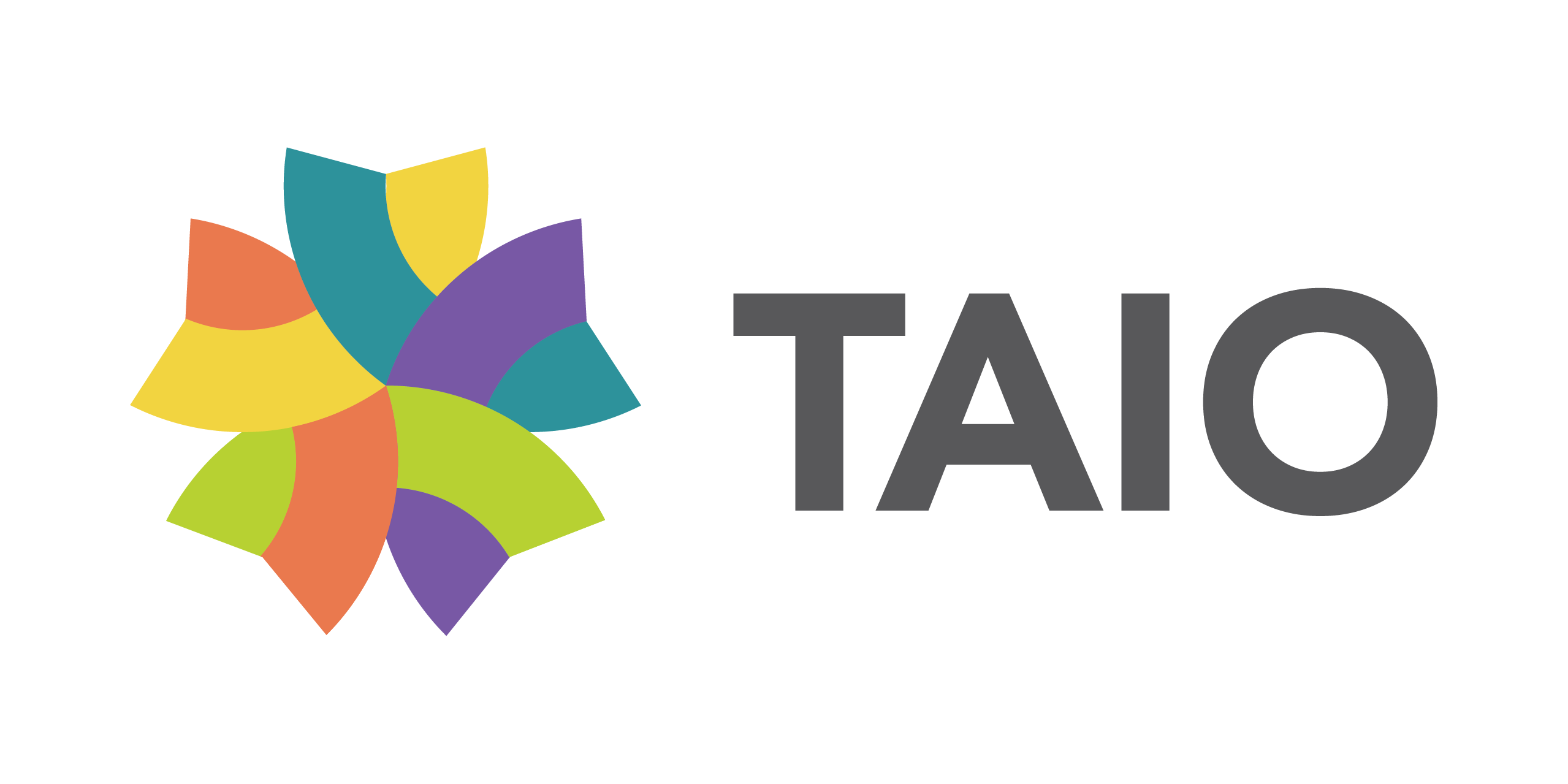The contracts are signed.
The clinicians are ready to work.
But they cannot see their patients or bill for care because their credentials aren’t verified.
Credentialing specialists prevent these lapses by keeping providers active, records current and approvals on track.
When outsourced, they take the weight off your staff, speed approvals and keep patient care running without disruption.
On this page
Key Takeaways
Credentialing specialists protect both your compliance and patient care by keeping every provider’s qualifications verified, current and ready for deployment.
When credentialing is weak, it compounds into staffing delays, compliance exposure and risks to patient care.
Working with a credentialing partner lifts the burden from staff, speeds provider approvals and grows with your agency’s needs.
Credentialing Specialists in Home Health Agency: What Do They Do?
Credentialing specialists validate that your clinicians have the legal and professional right to provide medical care.
Even your best clinicians can expose your organization to compliance penalties and denied claims when provider credentials lapse.
Let’s break down the core responsibilities that specialists handle daily.
License and Certification Verification Credentialing
They ensure that every provider has valid licenses, active certifications and clean background checks before delivering care.
What to check for:
- Expired or soon-to-expire licenses
- Missing certifications required by the state or payer
- Incomplete background checks
Provider Enrollment and Payer Revalidations
Managing credentialing needs means enrolling providers with new payers and revalidating existing ones, so claims are accepted immediately.
This function allows timely claim submissions and uninterrupted access to payer networks, supporting timely payments and reducing compliance risk.
What can go wrong:
- Missed revalidation deadlines
- Incorrect payer forms or documentation
- Delayed network access for clinicians
Continuous Monitoring of Renewals and Expirations
A specialist monitors credential renewals to prevent lapses that can cause denied claims or compliance violations.
Specialists use advanced technology and primary source verification to confirm provider qualifications directly with issuing authorities.
Tools you can use:
- Symplr CVO – automated alerts for renewals
- Modio Health – dashboards for tracking expirations
- VerityStream – workflow automation for administrative tasks
Updating Provider Records in Systems
Accurate provider data across electronic health records (EHRs), human resources information systems (HRIS) and compliance platforms is critical for audits, claims and scheduling. Keeping records updated supports operational efficiency, patient safety, and smooth interactions with insurance networks.
How to stay ahead:
- Real-time EHR and HRIS updates for ongoing monitoring
- Sync schedules with credential data for operational efficiency
- Apply specialized knowledge of accreditation standards and payer rules
- Track renewals and certifications proactively
Coordination with Teams for Deployment
They coordinate with HR, scheduling and clinical teams to ensure providers are deployed efficiently and legally cleared.
They:
- Confirm credential status before onboarding
- Align scheduling with credential availability
- Communicate changes across departments
Real operations scenario:
Let’s say a new provider joins your agency, but their provider data isn’t fully verified.
Your in-house team, who are already stretched, miss a step in the credentialing process.
What can happen:
- Claims are getting denied for non-compliance with payer requirements.
- Delays in approval from health plans slow the revenue cycle.
- Gaps against industry standards put your agency at risk in the medical field.
- Small errors multiply without specialized staff and expertise, hurting patient care and reputation.
Strong vs. Weak Medical Credentialing Process: What It Really Costs You
This is how strong vs. weak credentialing impacts your organization’s revenue cycle.
Strong Credentialing |
Weak Credentialing |
Time and Revenue Lost |
|
Ensures accurate provider credentials and smooth provider enrollment |
Misses updates or overlooks details due to workload or credentialing needs |
$25 to $117 to rework a single denied claim |
|
Maintains up-to-date licenses, certifications and background checks |
Overlooks expired licenses or board certifications |
Thousands in lost reimbursement per OASIS error |
|
Updates provider credentials across EHR, HRIS and compliance platforms |
Fails to apply workflow standards |
|
|
Ensures regulatory requirements are met and audits are ready |
Ignores compliance updates or payer rules |
$2K–$10K per incident of ignoring compliance updates |
|
Simplifies team coordination and reduces administrative burden |
Reacts only after claim denials |
Roughly $50K–$70K annual lost revenue |
What to Look for in a Credentialing Specialist
The right credentialing specialist ensures your clinicians get approved faster, can navigate complex processes smoothly and maintain your agency’s compliance.
Here’s how to spot those who excel in physician credentialing.
Criteria |
Minimum Requirements |
What to Look For |
|
Educational Background |
High school diploma; familiarity with health care administration |
Post-secondary training; hands-on physician credentialing and medical practice experience |
|
Work Experience |
1–3 years in health care administration or credentialing |
Track record helping health care professionals obtain credentials, manage enrollment processes and support revenue cycle management |
|
Technical Skills |
Can navigate EHRs and basic credentialing software |
Uses advanced technology for primary source verification, ongoing monitoring and dashboards to streamline credentialing processes |
|
Regulatory Standards Knowledge |
Knows HIPAA and payer-specific billing rules |
Applies health care compliance to prevent lapses, ensure patient safety and align with accreditation standards |
|
Communication Skills |
Can explain basic credentialing steps |
Bridges clinical, HR and admin teams; communicates credentialing status clearly |
|
Attention to Detail |
Self-reported “detail-oriented” |
Spots missing licenses or certifications that could delay care or disrupt physician credentialing and revenue cycle management |
|
Certifications |
Optional: Certified Professional Biller (CPB), Certified Medical Reimbursement Specialist (CMRS) (signals advanced expertise |
Actively certified; stays current via ongoing monitoring in health care credentialing and enrollment processes |
Expert Tip on Interviewing a Credentialing Specialist
Great candidates can show how they:
- Take a comprehensive approach to credentialing processes, keeping health care professionals’ credentials accurate to support safe medical care and reduce rising costs.
- Streamline time-consuming enrollment processes and timely submission, ensuring smooth operations for specialized staff.
- Maintain compliance with regulations and accreditation standards in the health care industry.
Health Care Credentialing Services Rates
- Experience and expertise
Specialists with strong backgrounds in credentialing processes, enrollment processes, regulatory bodies and medical credentialing services command higher rates. Those who’ve worked across multiple health care facilities or managed regional networks bring added value.
- Technical skills
Proficiency with EHRs, credentialing dashboards and compliance software allows specialists to maintain organization, catch errors faster, improve productivity and support smooth implementation of credentialing solutions.
- Certifications and training
Certified professionals may command higher rates, but they bring assurance in compliance, accuracy and efficient handling of credentialing processes within the health care industry.
- Location and hiring model
U.S.-based specialists typically earn higher rates, especially those handling complex enrollment processes and disease management initiatives. Global outsourcing may offer more cost-effective options depending on scope, systems and coverage needs.
- Scope of work
Simple credentialing tasks are less expensive, while managing multiple insurance networks, specialized staff or full credentialing solutions across health care facilities increases cost.
Outsourcing Credentialing Solutions: Freelancer vs. Agency
Managing medical credentialing services can be time-consuming, especially when your health care facility grows or provider onboarding increases.
Choosing between a freelancer and an agency depends on the level of organization, technology and long-term support you need for your credentialing processes.
Criteria |
Freelancer |
Outsourcing Agency |
|
Cost and ROI |
Lower cost; handles a few credentialing applications. |
Higher cost but better ROI; full credentialing and provider enrollment management. |
|
Oversight and scalability |
Limited; you track deadlines and errors. |
Easily scales; agency manages teams and flags issues early. |
|
Technology |
Basic EHR access. |
Advanced dashboards for alerts, renewals and reporting. |
|
Best fit |
Small practices or health care facilities with light credentialing needs. |
Larger organizations or multi-location facilities that need outsourcing credentialing for high volumes. |
The Best Hiring Option for your Credentialing Services
Let’s create a scenario.
Imagine a medium-sized clinic adding 12 new physicians this month. Before they can start seeing patients, each provider needs to verify their licenses, submit credentialing applications and complete payer enrollments.
This is how freelancers and agencies differ in terms of output, scale and oversight:
Freelancers
One freelancer can handle the paperwork for all 12 providers, but you’ll need to track deadlines, check for errors and follow up on missing documentation. Success depends on your ability to manage the credentialing process closely.
Agencies
A credentialing agency assigns a team to the clinic. The team manages verification, submission and follow-ups, using structured credentialing solutions and dashboards to monitor progress. The agency ensures compliance and can handle additional providers if the clinic grows.
Bottom line:
For small, short-term credentialing needs, a freelancer works if you can dedicate oversight.
Agencies provide reliability, scalability and compliance assurance for clinics onboarding multiple credentialing providers or aiming to outsource credentialing efficiently.
Final Thoughts: Outsourcing Credentialing Specialists for Smarter Operations
Outsourcing credentialing specialists delivers:
- Faster provider onboarding and payer enrollment
- Ongoing monitoring for compliance and audit readiness
- Scalable support without adding in-house overhead
- Less admin burden on staff, freeing them for core priorities
- Built-in expertise with payer rules, regulations and credentialing systems
With the right credentialing specialists, your agency gets a reliable, scalable and audit-ready structure — where clinicians are cleared on time and patients never wait for care.
Frequently Asked Questions
- Manage provider credentialing and the enrollment process
- Verify provider credentials and complete credentialing applications
- Ensure compliance with accreditation standards
- Help health care providers onboard quickly and safely
- Freelancers: Flexible, ideal for small health care organizations or light credentialing needs
- Agencies: Provide structured credentialing solutions, scalable teams and support for multiple credentialing providers
- Agencies are best when you outsource physician credentialing services or manage complex physician credentialing services
- Streamline provider credentialing services and the enrollment process
- Keep provider credentials current for compliance
- Support timely payments and coordinate with regional network managers
- Improve efficiency for medical credentialing services and overall clinic operations




